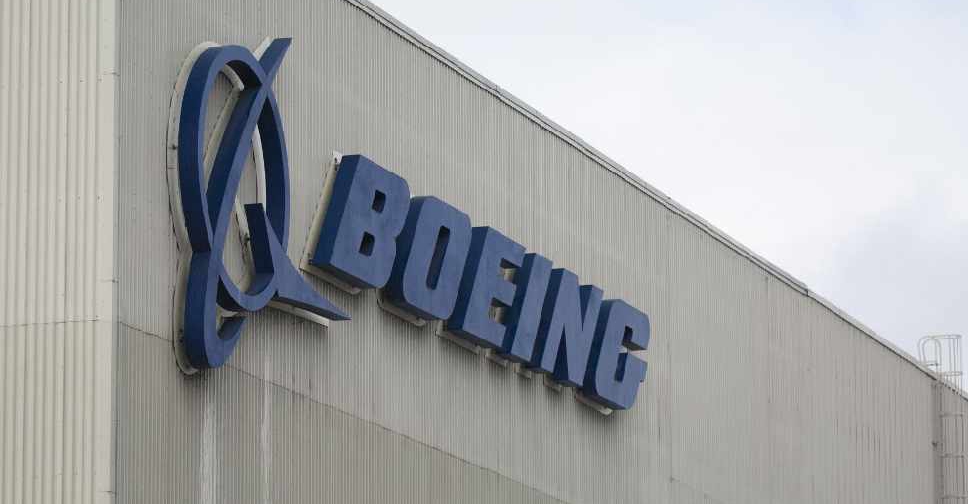
Boeing factory workers voted to reject a contract offer and continue a more than five-week strike on Wednesday, in a blow to investor and management hopes of a resolution to the acrimonious dispute.
The vote was 64 per cent in opposition to the deal, which offered a 35 per cent rise in wages over four years.
The union vote to push Boeing for better terms reflects years of resentment from workers who felt cheated by the company in talks a decade ago and deepens a financial crisis.
Union leaders said they were ready to immediately resume negotiations with Boeing on the first new contract since 2014, when the company used the threat of moving production of the new version of the 777 out of the region to push through a deal that ended traditional pensions.
"After 10 years of sacrifices, we still have ground to make up, and we're hopeful to do so by resuming negotiations promptly," leaders of the International Association of Machinists and Aerospace Workers said in a statement after votes were tallied.
More than 30,000 machinists downed tools in Boeing's West Coast factories on September 13, halting production of the best-selling 737 MAX and 767 and 777 wide-body programs.
The rejection was the second in a formal vote. The previous offer was rejected by 95 per cent of workers voting last month, leading to the strike.
Many comments on social media and from workers outside voting stations had cast doubt on a deal.
"We're ready to go back on strike until we get a better deal," Irina Briones, 25, said after the vote.
"They took a bunch of numbers and moved them around to make them look like they're giving us more than they were," said Josh Hajek, 42, who has worked six years at Boeing on wing assembly.
The spectre of a quality crisis from a January mid-air panel blowout hangs over Boeing. The company in August named a new CEO, Kelly Ortberg, who has said the planemaker required a "fundamental culture change."
Boeing said during its quarterly earnings call on Wednesday that it expects to burn cash in 2025, even as Ortberg warned there was no quick fix for the ailing planemaker.
Many workers are still angry about the last deal signed a decade ago.
"We're going to get what we want this time. We have better legs to stand on this time than Boeing," said Donovan Evans, 30, who works in the 767 jet factory outside Seattle, before the result. Evans, who said he doesn't expect the pension to come back, voted to reject the deal and is holding out for the 40 per cent raise sought by the union.



 US starts collecting Trump's new 10% tariff
US starts collecting Trump's new 10% tariff
 Nasdaq set to confirm bear market as Trump tariffs trigger recession fears
Nasdaq set to confirm bear market as Trump tariffs trigger recession fears
 Dana Gas and Crescent Petroleum exceed 500M boe in Khor Mor field
Dana Gas and Crescent Petroleum exceed 500M boe in Khor Mor field
 China to impose tariffs of 34% on all US goods
China to impose tariffs of 34% on all US goods
 Shares bruised, dollar crumbles as Trump tariffs stir recession fears
Shares bruised, dollar crumbles as Trump tariffs stir recession fears



